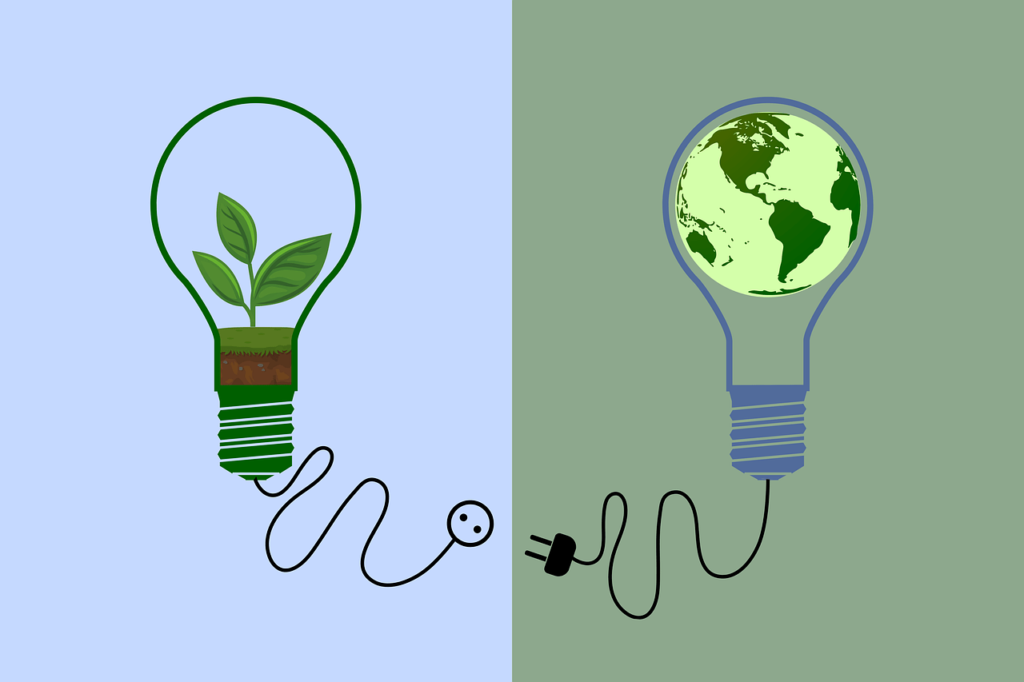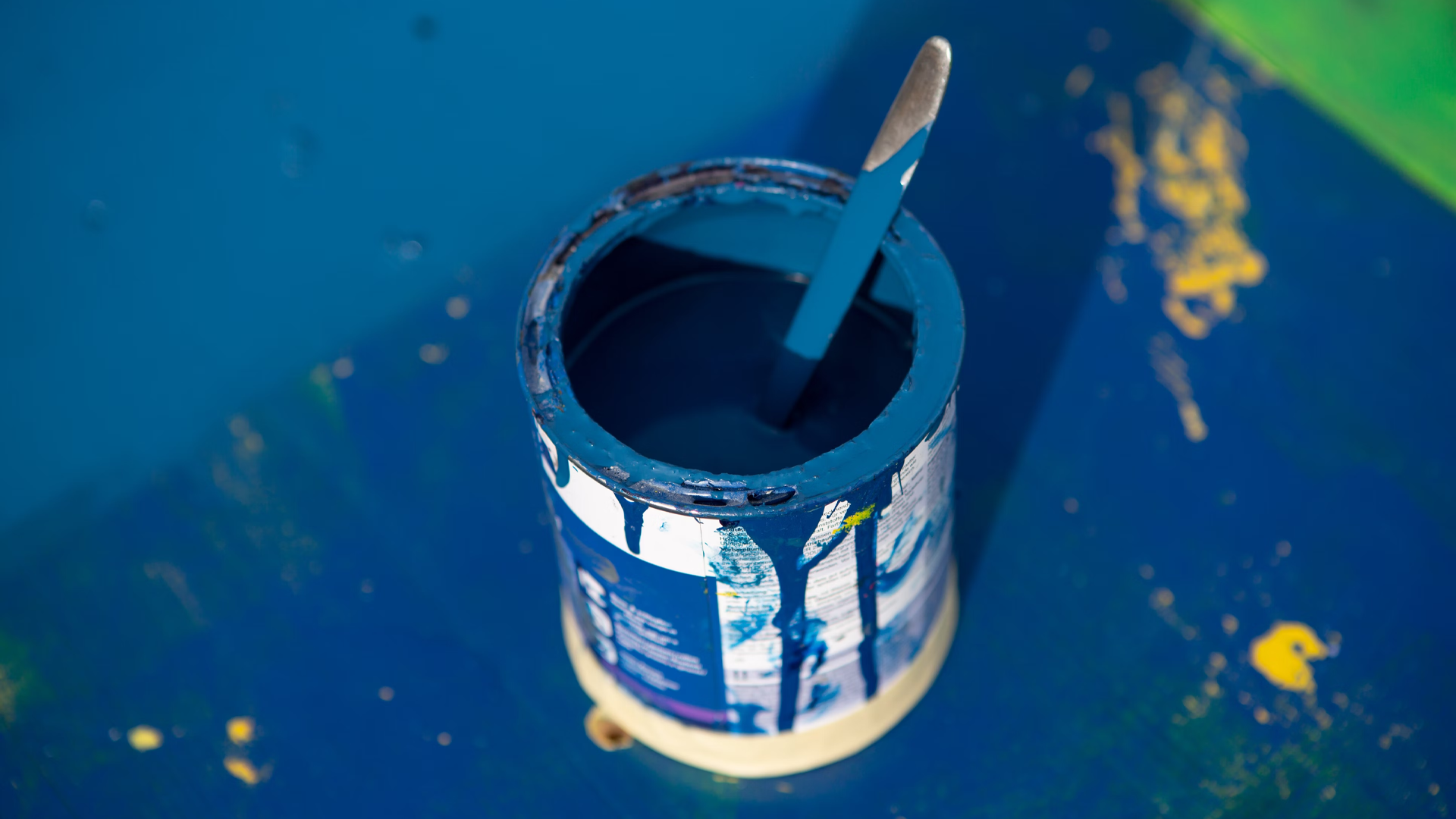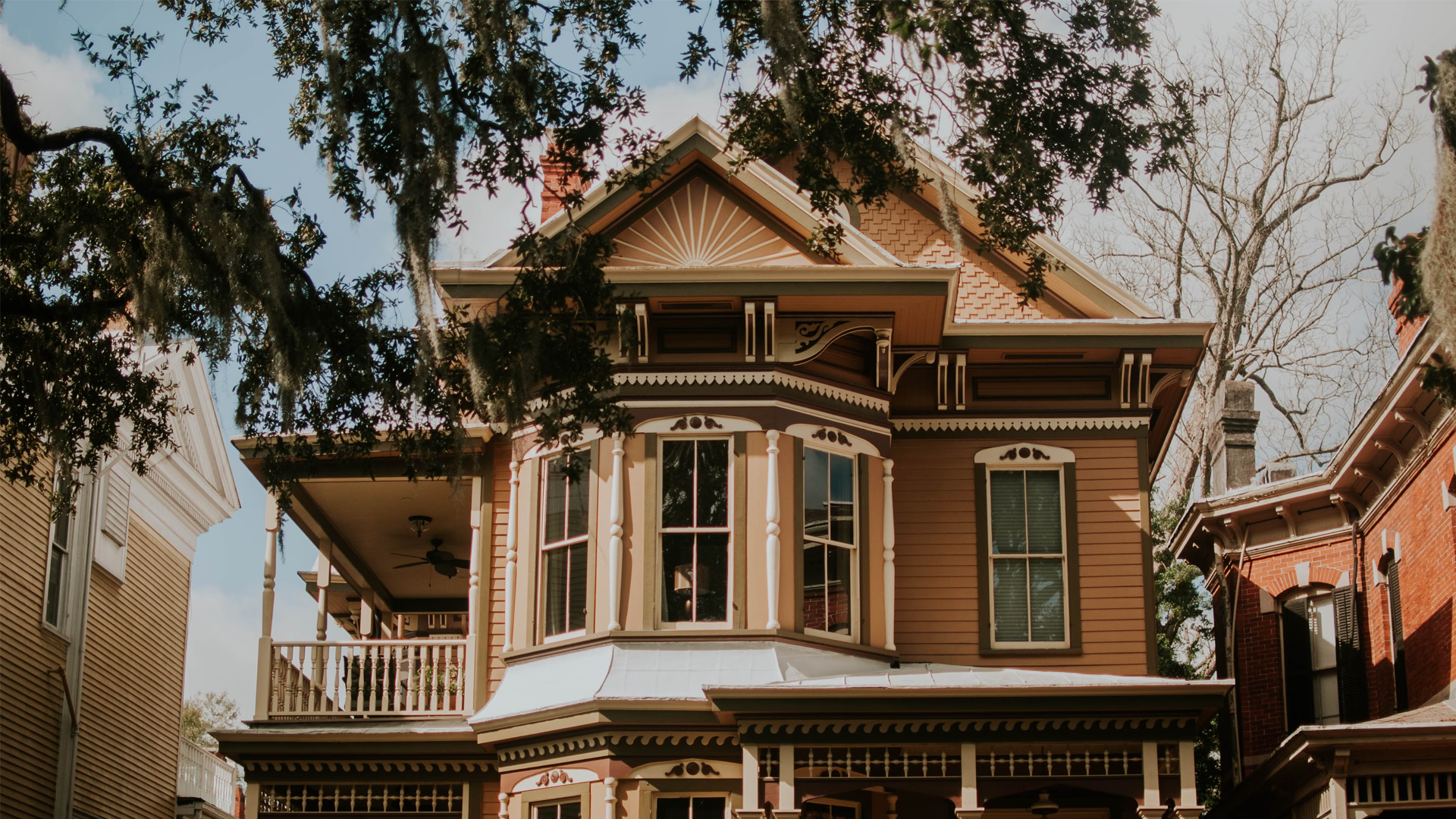Introduction to Wall Coating Insulation
As an exterior wall coatings and weatherproof coatings specialist, we at All Weather Coating understand the importance of energy efficiency in the UK. With ever-increasing energy costs and a growing awareness of our environmental impact, finding ways to save energy and reduce our carbon footprint is crucial. One such solution is wall coating insulation. In this blog, we will explore how wall coating insulation can save energy, and the many benefits it can bring to your home.

How Does Wall Coating Insulation Work?
Wall coating insulation is a specially formulated coating applied to the exterior walls of a building. It works by creating a thermal barrier that helps reduce heat transfer between the interior and exterior of your home. This barrier prevents heat from escaping during the winter months, keeping your home warmer, and also prevents heat from entering during the summer months, keeping your home cooler.
The insulation properties of wall coating insulation come from the use of tiny hollow microspheres, typically made from ceramic or glass. These microspheres are embedded within the coating and create a network of air pockets that slow down heat transfer. The effectiveness of wall coating insulation in saving energy depends on the quality of the product, the thickness of the application, and the condition of your home’s walls.
Lower Your Home’s Carbon Footprint with Energy-Saving Exterior Wall Coatings
Reducing our carbon footprint is a collective responsibility, and one of the ways homeowners can contribute is by utilising energy-saving exterior wall coatings. In addition to the energy-saving benefits of wall coating insulation, these specialised coatings can have a positive impact on the environment and help combat climate change. By incorporating energy-saving exterior wall coatings in your home, you can take a significant step towards a greener, more sustainable future.
Reduction in Greenhouse Gas Emissions
When your home is better insulated, you use less energy to heat and cool your living space. As a result, your home’s carbon emissions decrease, directly contributing to the global effort to combat climate change. According to the Committee on Climate Change, improving the energy efficiency of homes is a key factor in achieving the UK’s ambitious climate targets.
Enhanced Durability and Life Expectancy of Your Home
Energy-saving exterior wall coatings are designed to provide long-lasting protection for your home. These coatings are formulated to withstand harsh weather conditions and resist wear and tear, ultimately extending the lifespan of your home’s exterior surfaces. By investing in a durable, high-quality wall coating, you reduce the frequency of maintenance and repair, which in turn lowers the environmental impact associated with building materials and waste.
Sustainable and Environmentally-Friendly Materials
Many energy-saving exterior wall coatings are manufactured using sustainable and environmentally-friendly materials. These coatings are designed to minimise their ecological impact, both during production and throughout their lifecycle. By choosing an eco-friendly wall coating, you contribute to a greener construction industry and promote the use of sustainable materials in home improvement projects.
Improved Indoor Air Quality
Energy-saving exterior wall coatings can also have a positive impact on your home’s indoor air quality. By reducing condensation and dampness, these coatings help prevent the growth of mould and mildew, which can cause respiratory problems and allergies. This results in a healthier living environment for you and your family, while simultaneously reducing the need for chemical treatments and mould removal products that can harm the environment.
In conclusion, energy-saving exterior wall coatings offer numerous benefits for homeowners looking to lower their carbon footprint and embrace a more sustainable lifestyle. Through improving insulation, using eco-friendly materials, enhancing your home’s durability, and promoting better indoor air quality, these coatings provide an effective solution for those committed to reducing their environmental impact.
The Benefits of Wall Coating Insulation
Energy Savings
One of the most significant advantages of wall coating insulation is its ability to save energy. By reducing heat transfer, your home requires less energy to maintain a comfortable temperature. In turn, this leads to lower energy bills, making wall coating insulation a smart investment. The Energy Saving Trust estimates that a well-insulated home can save up to 45% on heating and cooling costs.
Increased Home Comfort
Another benefit of wall coating insulation is the improved comfort it brings to your home. By regulating temperature fluctuations, it helps maintain a more consistent indoor environment, making your home feel cosier in the winter and cooler in the summer.
Reduced Condensation and Damp
Wall coating insulation can also help reduce condensation and damp problems by reducing the temperature difference between the inside and outside walls of your home. This reduced temperature difference makes it harder for condensation to form, helping to prevent damp and mould growth.
Enhanced Aesthetic Appeal
In addition to its energy-saving benefits, wall coating insulation can also improve the appearance of your home. The coating is available in a wide range of colours and finishes, allowing you to customise your home’s exterior to suit your personal taste.
Increased Property Value
By improving your home’s energy efficiency, comfort, and appearance, wall coating insulation can potentially increase your property’s value. Prospective buyers are increasingly looking for energy-efficient homes, making wall coating insulation an attractive selling point.
Comparing Wall Coating Insulation to Traditional Insulation Methods
Wall coating insulation is just one of several insulation options available to homeowners. When compared to traditional methods like cavity wall insulation or solid wall insulation, wall coating insulation has several advantages:
- It is applied externally, meaning there is no disruption to your home’s interior.
- It can be applied to both solid and cavity walls, making it a versatile solution.
- It provides a weatherproof barrier, protecting your home from the elements.
- It can be more cost-effective than other insulation methods, with a faster return on investment.
However, it is essential to note that wall coating insulation may not be as effective as some other insulation methods in terms of thermal performance. In some cases, combining wall coating insulation with other insulation methods might be the most effective solution for your home.
Adding to the comparison of wall coating insulation with traditional insulation methods, it is important to consider the ease of installation and maintenance. Wall coating insulation is relatively simple to apply, requiring minimal preparation and drying time. This means that you can quickly reap the benefits of improved insulation without a lengthy or disruptive installation process. Furthermore, wall coating insulation is low-maintenance and long-lasting, typically offering a durable and weather-resistant finish for up to 20 years.
Traditional insulation methods, such as cavity wall insulation, may require more complex installation processes and periodic maintenance checks to ensure optimal performance. Therefore, wall coating insulation can be an attractive option for homeowners seeking an efficient, low-maintenance insulation solution.
Is Wall Coating Insulation Right for Your Home?
Deciding whether wall coating insulation is the right choice for your home depends on several factors:
The age and construction of your home: Wall coating insulation is suitable for both solid and cavity wall homes. However, older properties with solid walls tend to benefit the most from this type of insulation.
Your current insulation: If your home already has cavity wall insulation or solid wall insulation, adding wall coating insulation may provide additional energy savings and further improve your home’s comfort.
The condition of your walls: Wall coating insulation is most effective when applied to walls in good condition. If your walls have existing issues, such as damp or cracks, these should be addressed before applying the insulation.
Your budget: While wall coating insulation can be a cost-effective solution, it is essential to consider your budget and weigh the potential energy savings against the initial investment.
Conclusion
Wall coating insulation is an innovative solution that can help save energy, reduce your carbon footprint, and improve your home’s overall comfort. By creating a thermal barrier on your home’s exterior, it helps maintain a consistent indoor temperature, leading to lower energy bills and a more comfortable living environment. Additionally, wall coating insulation can enhance your home’s appearance and potentially increase its value.
If you are considering wall coating insulation for your home, it is essential to consult with a professional, like the experts at All Weather Coating, to ensure the best results. Our team can help you determine if wall coating insulation is the right choice for your home and guide you through the process to achieve the energy-saving benefits you desire. Contact us today to learn more about how wall coating insulation can save energy and transform your home.





